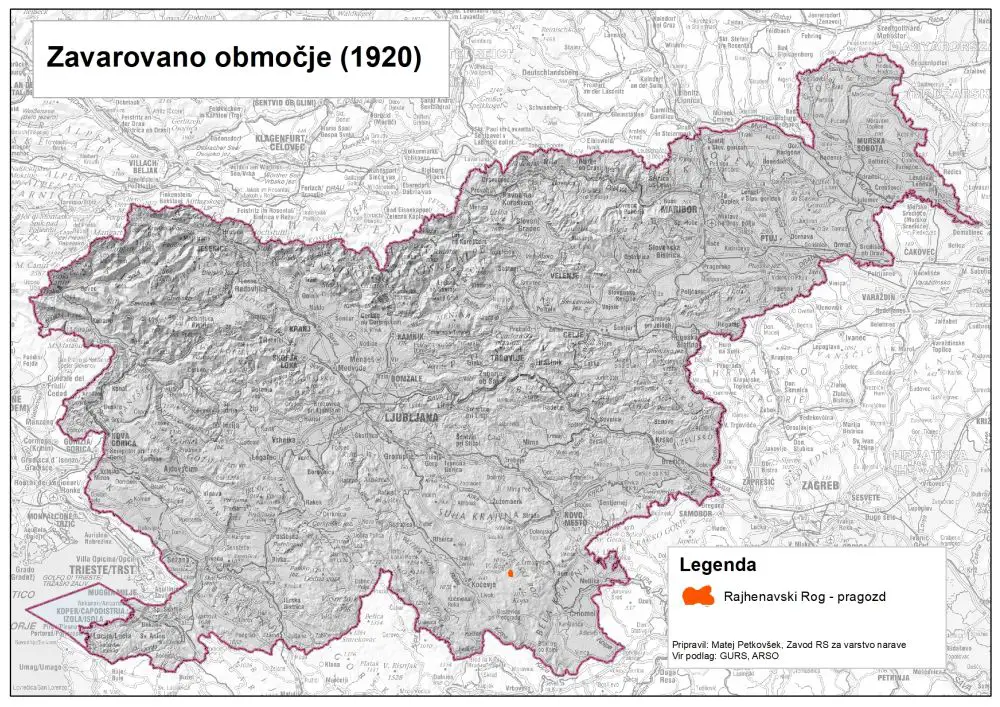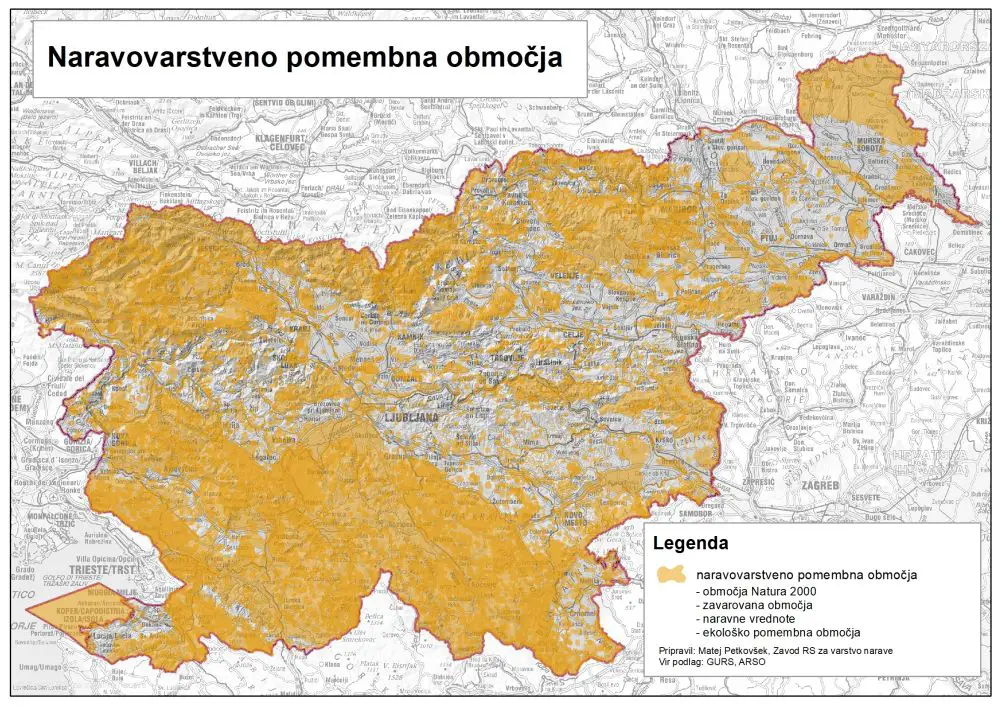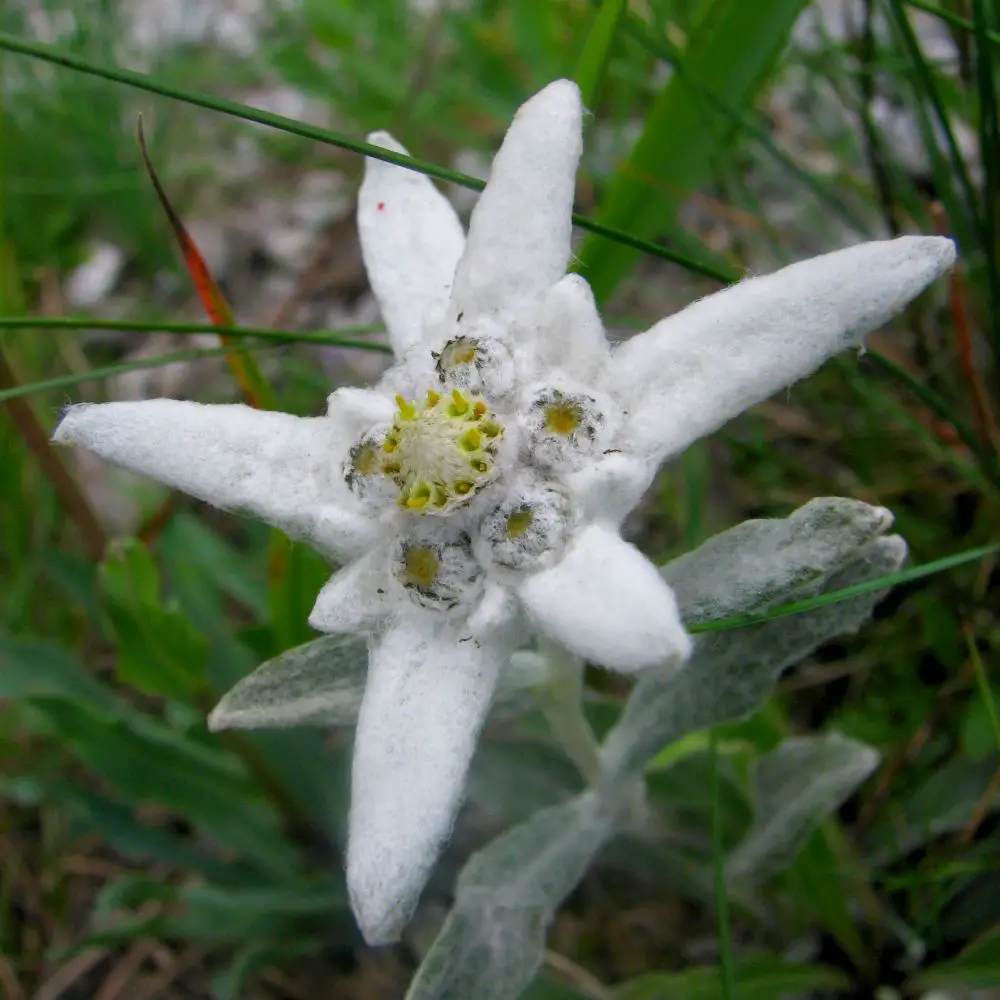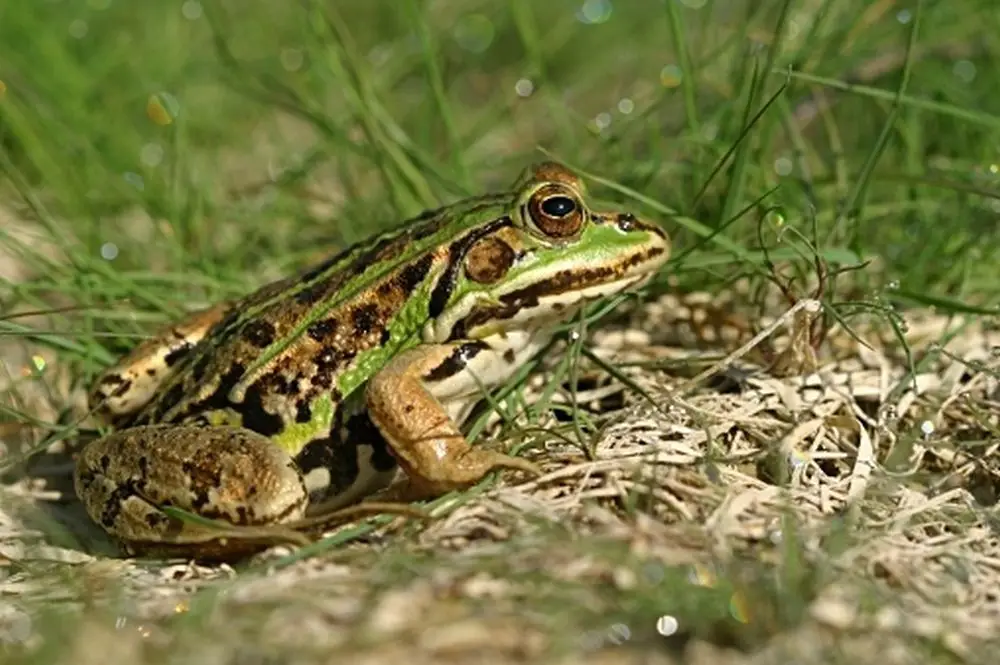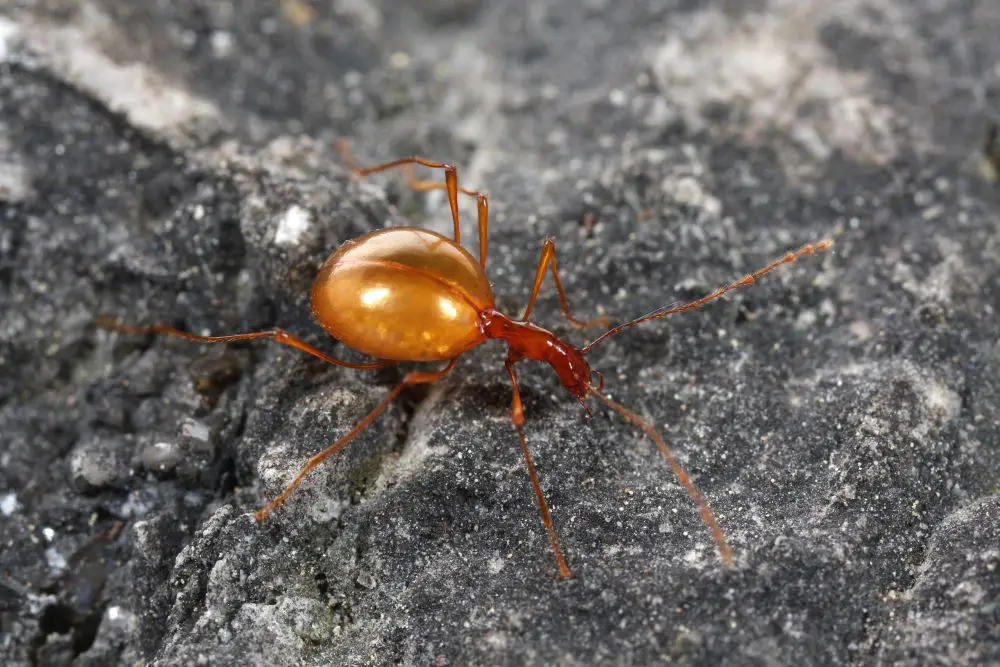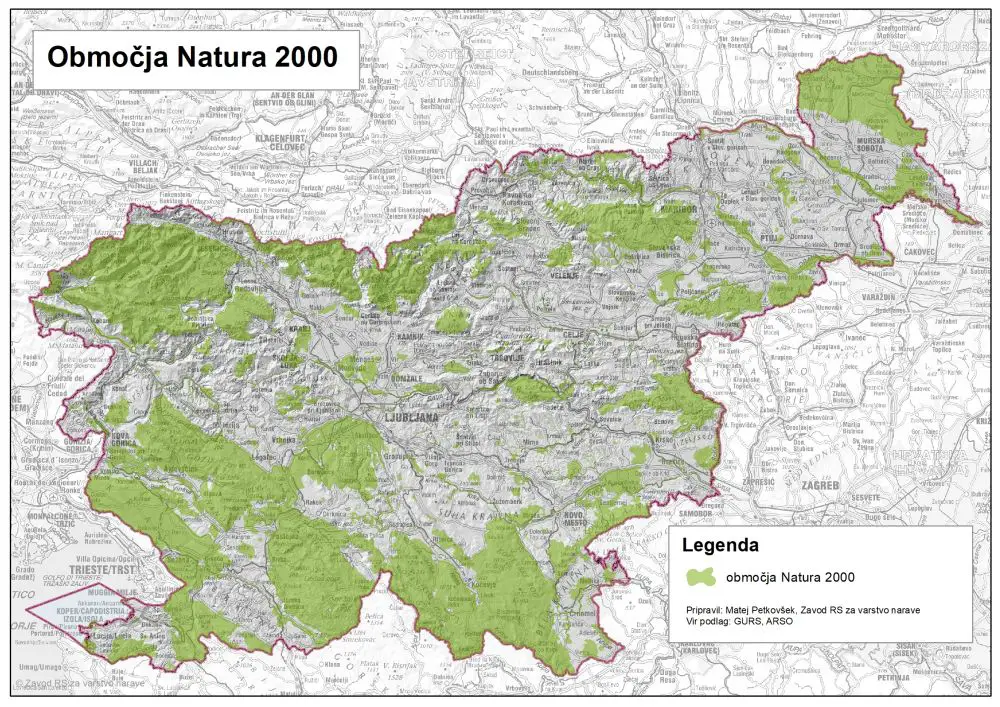Govt term formally ends
LJUBLJANA - The government formally ended its term as the National Assembly took note of Prime Minister Marjan Šarec's resignation, relegating the cabinet to caretaker status. While back-room talks have been under way since Šarec announced his intention to resign, the end of the government term kicks off formal talks that will lead either to a new coalition or a snap election. President Borut Pahor plans to host representatives of deputy groups next week. The outcome is uncertain, with some parties, including Šarec's, advocating a snap election, and some smaller ones more open to talks on a new coalition.
Top-up health insurance unchanged after govt collapse
LJUBLJANA - The National Assembly failed to pass amendments that would abolish supplementary health insurance, a motion which had split the coalition and was one of the reasons why Prime Minister Marjan Šarec stepped down on Monday. They were rejected as 51 deputies voted against and 32 in favour, as the Democrats (SDS), New Slovenia (NSi), National Party (SNS), Pensioners' Party (DeSUS) and Modern Centre Party (SMC) voted against. After the vote, Luka Mesec of the opposition Left, which had proposed the motion in its original form, announced a new attempt during the current term of the National Assembly. "We are not giving up and the war is only beginning," he said.
Slovenia reserved about US president's Middle East peace plan
LJUBLJANA - Slovenia expressed reservations about a Middle East peace plan proposed by US President Donald Trump, stressing that lasting peace and stability were only possible as a result of "direct, equal and comprehensive negotiations between Israel and Palestine". "Slovenia remains committed to activities targeted at achieving a comprehensive, just and long-term peace in the Middle East, which includes establishing the state of Palestine and addressing Israel's security concerns," the Foreign Ministry said.
Slovenian MEPs hope for a good agreement with UK after Brexit
BRUSSELS, Belgium - After the Brexit agreement was ratified in the European Parliament, three Slovenian MEPs pointed to the consequences of the UK exiting the EU. Two of them, Tanja Fajon (S&D/SD) and Franc Bogovič EPP/SLS), expressed hope that London and Brussels will reach a good agreement on future relations. Romana Tomc (EPP/SDS) meanwhile believes that the consequences of Brexit will be felt both in the EU and in the UK. "Both sides will get adjusted to the new situation, we will conclude a cooperation agreement and learn to live together with new rules."
UK ambassador: Brits in Slovenia can continue to live and work here after Brexit
LJUBLJANA - UK Ambassador to Slovenia Sophie Honey told the STA that the rights of the estimated 800 UK nationals living in Slovenia were protected under the December EU-UK Withdrawal Agreement, which also protects Slovenians in the UK. Arrangements for British people coming to live permanently in Slovenia after 2020 and vice-versa are yet to be decided. But the ambassador believes "the UK will always want to welcome talented individuals, so there will still be significant flow of people.
Police bust international drug ring
LJUBLJANA - Slovenian police have busted an international drug ring in cooperation with police forces from Croatia and several other European countries, seizing 120 kilos of amphetamine and arresting 20 people in nearly 50 raids. The ring supplied the Slovenian drug market as well as international markets. The investigation was steered by the Ljubljana District Prosecutor Office and led by the Ljubljana Criminal Police. It featured close cooperation with the Croatian police, as well as police forces from other European countries.
Steklarna Rogaška glassworks slashing a quarter jobs
ROGAŠKA SLATINA - The management of the Steklarna Rogaška glassworks announced the company would lay off up to 200 of what are presently 830 workers. It spoke of the need to increase efficiency in the face of constant changes in consumer habits and in the business environment. The Finnish-owned company told the STA that the wish was to protect and support the very core of the glassworks and that it would closely cooperate with the workers and their representatives as the cut is made in the coming months.
Mountaineering accidents on the rise in Slovenia
KRANJ - This year's winter season has already seen more than 35 mountaineering accidents in which four persons have lost their lives. The number of such accidents has been gradually growing in recent years, with 604 rescue missions in total needed last year and 40 casualties recorded, half of them among climbers, the Mountain Rescue Association said. The number of mountain search and rescue missions has been gradually increasing since 2013 when the figure stood at 392. In 2017, the number exceeded 500 and climbed to 537 a year later.
Serbian modernism on display at National Gallery
LJUBLJANA - An exhibition dedicated to Serbian modernism will open at the National Gallery Wednesday evening. Featuring 86 paintings and statutes by 38 top Serbian modernists, the display will run until 3 May. The exhibited works come from one of the biggest and most acclaimed artistic collections in Serbia, the Gallery of Matica Srpska from the city of Novi Sad.
Three migrants get prison time for kidnapping elderly man in 2019
NOVO MESTO - Three migrants who kidnapped a 79-year old local from Bela Krajina in May 2019 have been sentenced to a year and nine months in prison. While two pleaded guilty in August 2019, the third was sentenced on Tuesday after the court received documents confirming his age. All three will be expelled from the country upon their release from prison.
Flu season in full swing
LJUBLJANA - Flu season is expected to peak in about two weeks, but it is already in full swing, according to UKC Ljubljana, Slovenia's largest hospital. The number of patients treated this season is somewhat higher than the last, especially among children, and six deaths have already been recorded in Ljubljana alone. Until now, the majority of patients were children. Experts expect to see a shift in the coming weeks, as more elderly people are expected to get sick.


